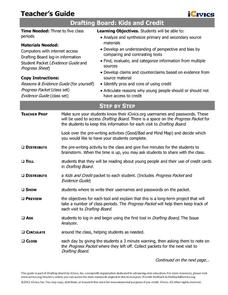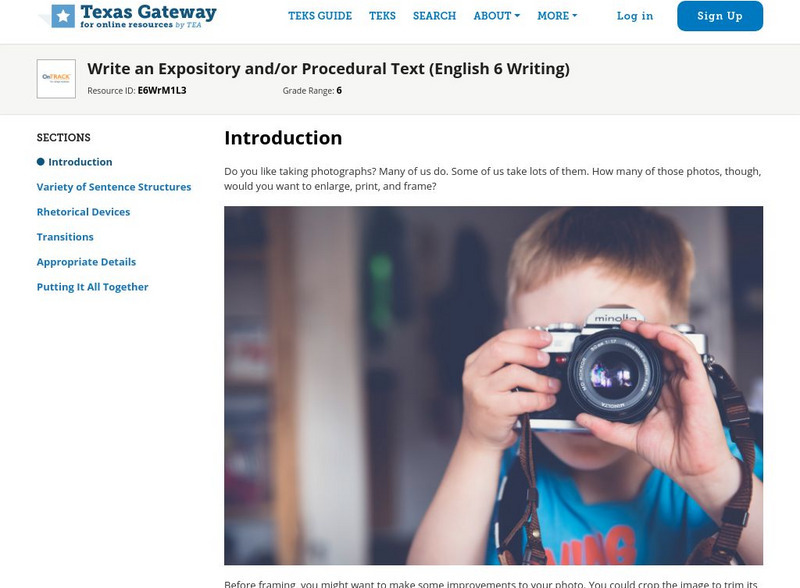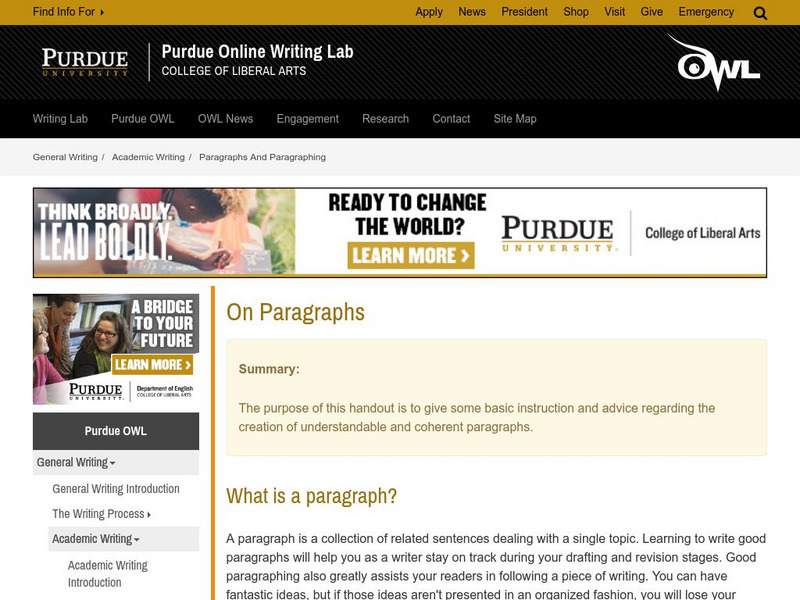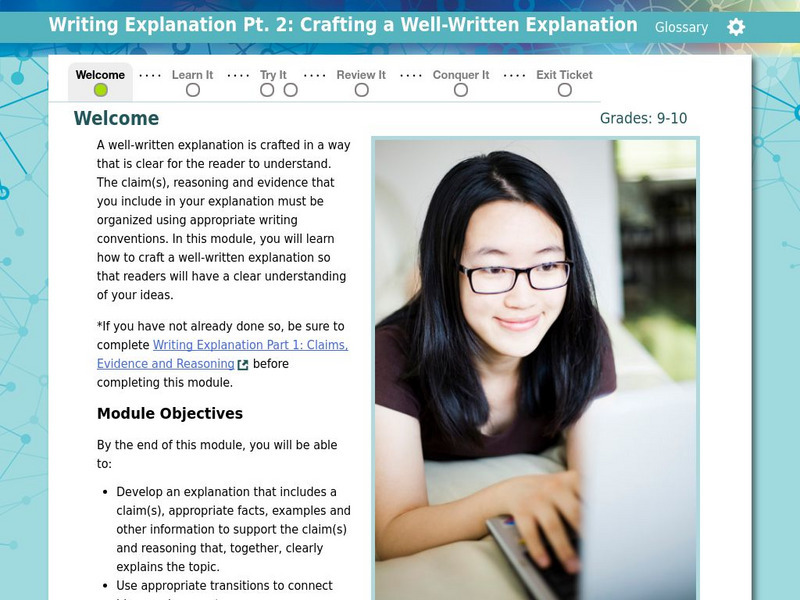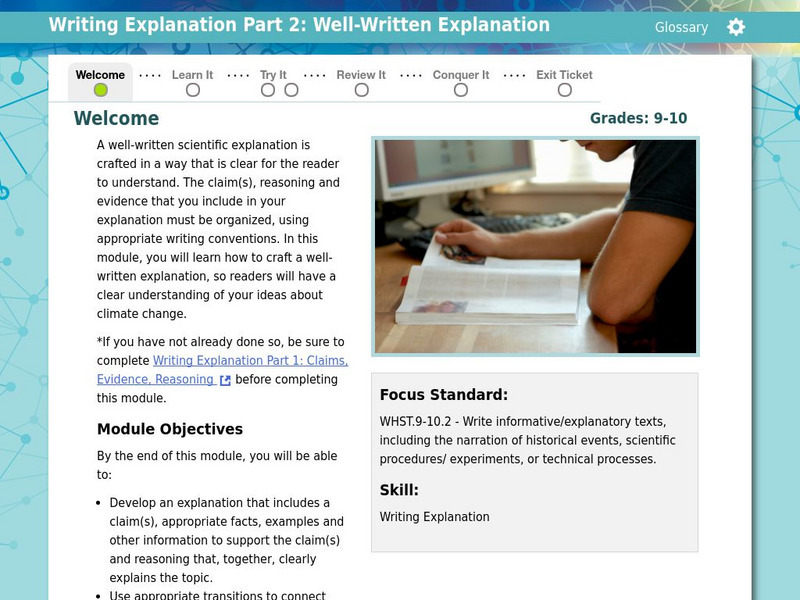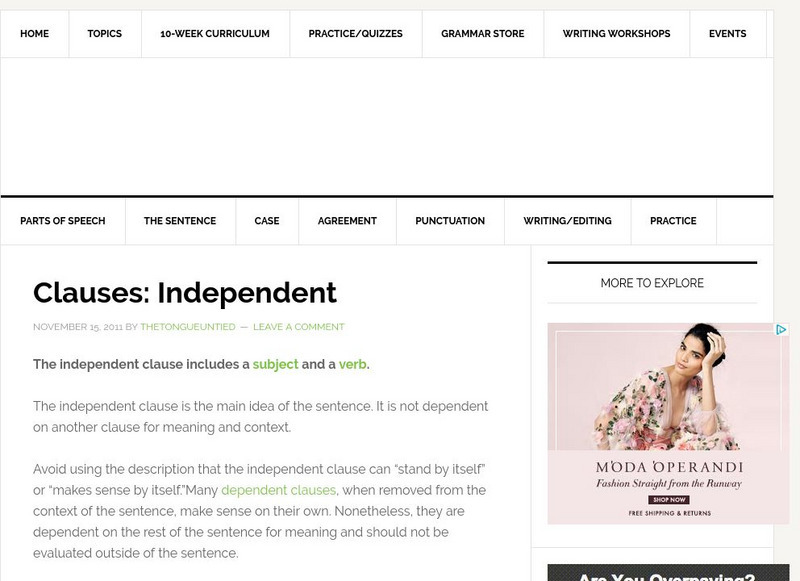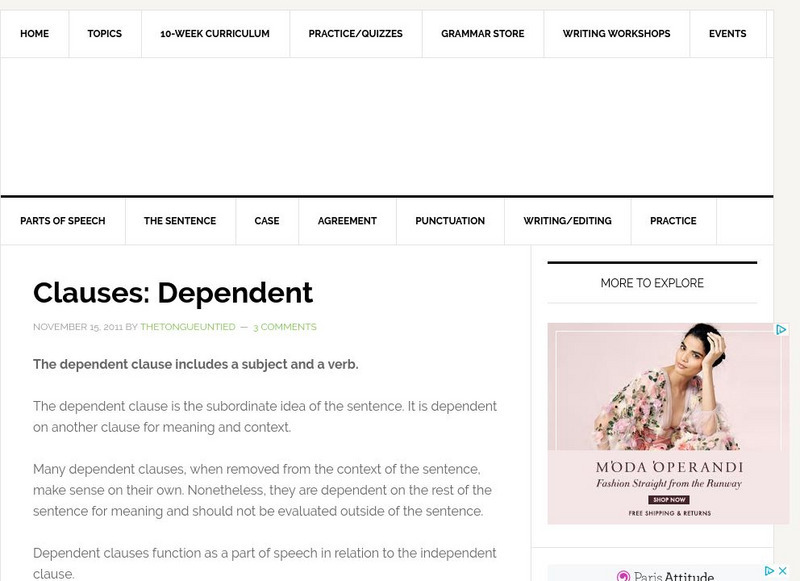American Chemical Society
Molecules in Motion
I heard that oxygen and magnesium were going out and I was like "O Mg." Pupils experiment with adding food coloring to water of various temperatures in order to determine how temperature impacts molecular movement. This is the...
American Chemical Society
Moving Molecules in a Solid
Who likes magic shows? In the fourth of five lessons, pupils view a scientific magic trick. The ball fits through the ring easily, but then moments later, it won't pass through anymore. What changed? Can we reverse the change? Scholars...
American Chemical Society
Molecules Matter
Did you know that jumping spiders sometimes wear water droplets as hats? A seventh grade science activity introduces the concept of what makes up water: tiny molecules that are attracted to each other. Starting with a chemistry...
Federal Reserve Bank
Savvy Savers
What are the benefits and risks of saving in an interest-bearing account? Pupils explore concepts like risk-reward relationship and the rule of 72, as well as practice calculating compound interest, developing important personal finance...
iCivics
Drafting Board: Community Service
Should schools impose community service graduation requirements? In the final lesson of the Drafting Board series, learners solidify their practice of crafting an argument supported by sound reason and evidence.
iCivics
Drafting Board: Electoral College
Should the president of the United States be voted by the Electoral College or the popular vote? Your young historians will consider the pros and cons of the Electoral College, and make an argument using reasons and evidence provided in...
iCivics
Drafting Board: Kids and Credit
Should kids under the age of 18 be given access to credit cards? Learners identify pros and cons of using credit, develop claims based on evidence, and finally argue reasons for or against credit for minors.
iCivics
Drafting Board: Military Intervention
Should countries use their militaries to stop humanitarian crises in other countries? Learners make claims, organize their reasoning, and provide evidence for their arguments with this rich resource.
iCivics
Drafting Board: Interest Groups
Does the influence of interest groups harm a political system? Your class members will analyze the role of interest groups in American politics, as well as consider the effect of perspective, bias, loyalty, and the First Amendment.
National Endowment for the Humanities
Background on the Patriot Attitude toward the Monarch
Learners explain the Patriot attitude toward the British monarchy, which helps them embrace the Founders' reluctance to have a strong executive under the Articles of Confederation as well as their desire to build in checks of executive...
ClassFlow
Class Flow: Equivalent Sentences
[Free Registration/Login Required] This flipchart is designed to teach students how to analyze sentences for equivalency. It also provides skills in paraphrasing. There is an assessment using Activotes and a lesson summary.
Sophia Learning
Sophia: Topic Sentences
This slideshow lesson focuses on topic sentences; it defines them, gives the characteristics of effective topic sentences, tells what they are NOT, discusses how to create them, and provides examples of effective topic sentences.
The Write Place
Literacy Education Online
Literacy Education Online (or LEO) is a great place to start if you need help with your writing. The homepage is organized around kinds of problems or questions you might have concerning your writing. Find your problem, click on the...
Texas Education Agency
Texas Gateway: Write an Expository And/or Procedural Text (English 6 Writing)
You will learn how to write an expository/procedural text with a variety of sentence structures, rhetorical devices, transitions, appropriate facts, and details.
Texas Education Agency
Texas Gateway: Strengthen Sentence Variety and Sentence Combining
[Accessible by TX Educators. Free Registration/Login Required] You will learn strategies for evaluating and combining sentences to create sentence variety when you revise an essay.
Online Writing Lab at Purdue University
Purdue University Owl: On Paragraphs
A comprehensive approach to writing coherent paragraphs and knowing how to transition between paragraphs.
Texas Education Agency
Texas Gateway: Restrictive & Nonrestrictive Clauses & Punctuation
[Accessible by TX Educators. Free Registration/Login Required] This lesson will teach you to identify a restrictive relative clause, also known as an essential clause, and a nonrestrictive relative clause, also known as a nonessential...
Thinkport Education
Thinkport: Writing Explanation Part 3: Building an Argument
In this module, students will explore how claims, counterclaims, evidence and reasoning are used to write an effective argument. Students will read an article that addresses the question, "Should Congress consider comprehensive climate...
Thinkport Education
Thinkport: Writing Explanation Pt. 2: Crafting a Well Written Explanation
In this module, students will write an explanation about climate change based on the claims, evidence and reasoning they identified in the Writing Explanation Part 1: Claims, Evidence and Reasoning.
Thinkport Education
Thinkport: Writing Explanation Part 1: Claims, Evidence and Reasoning
In this module, students will explore how claims, evidence and reasoning are used to write an effective explanation. Students will read an article that addresses the question, "Should Congress consider comprehensive climate change laws?"
Thinkport Education
Thinkport: Writing Explanation Part 3: Building an Argument
In this module, students will explore how claims, counterclaims, evidence and reasoning are used to write an effective argument. Students will read texts that discuss the climate change debate.
Thinkport Education
Thinkport: Writing Explanation Part 2: Well Written Explanation
In this module, students will write an explanation based on the claims, evidence and reasoning about climate change that they identified in Writing Explanation Part 1: Claims, Evidence, Reasoning.
The Tongue Untied
The Tongue Untied: Independent Clause
The Tongue Untied is a guide to grammar, punctuation, and style for journalists, and it has great information on the independent clause. The site provides numerous examples along with information on usage and tips for recognizing...
The Tongue Untied
The Tongue Untied: Dependent Clause
The Tongue Untied is a guide to grammar, punctuation, and style for journalists, and it has great information on the dependent clause. The site provides numerous examples along with information on usage and tips for recognizing dependent...








